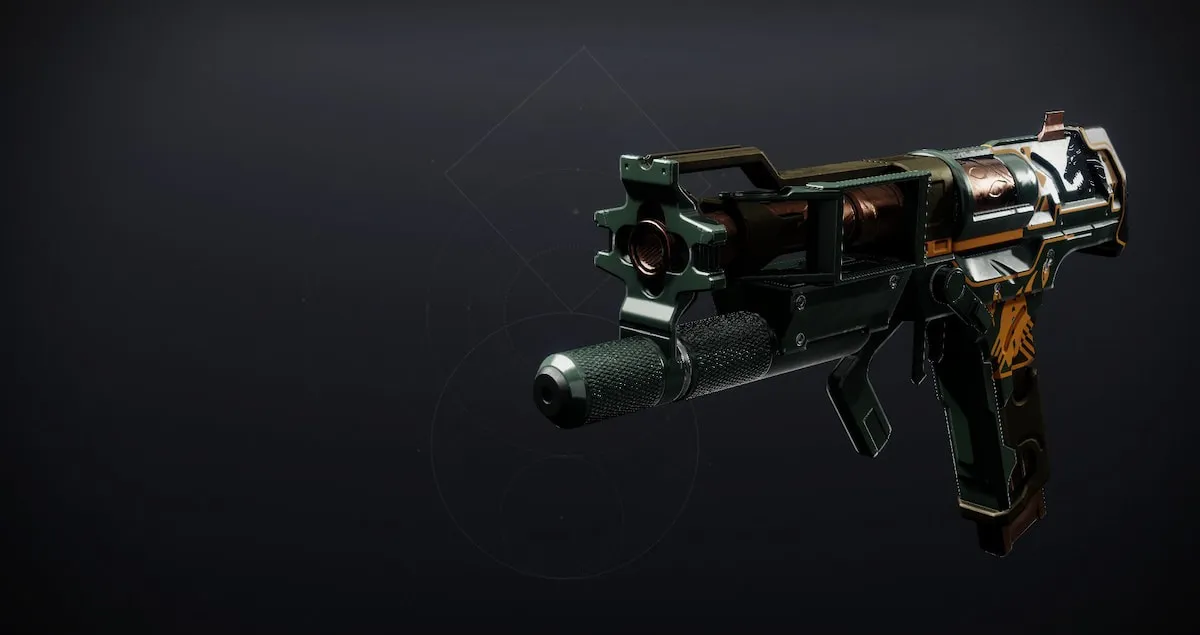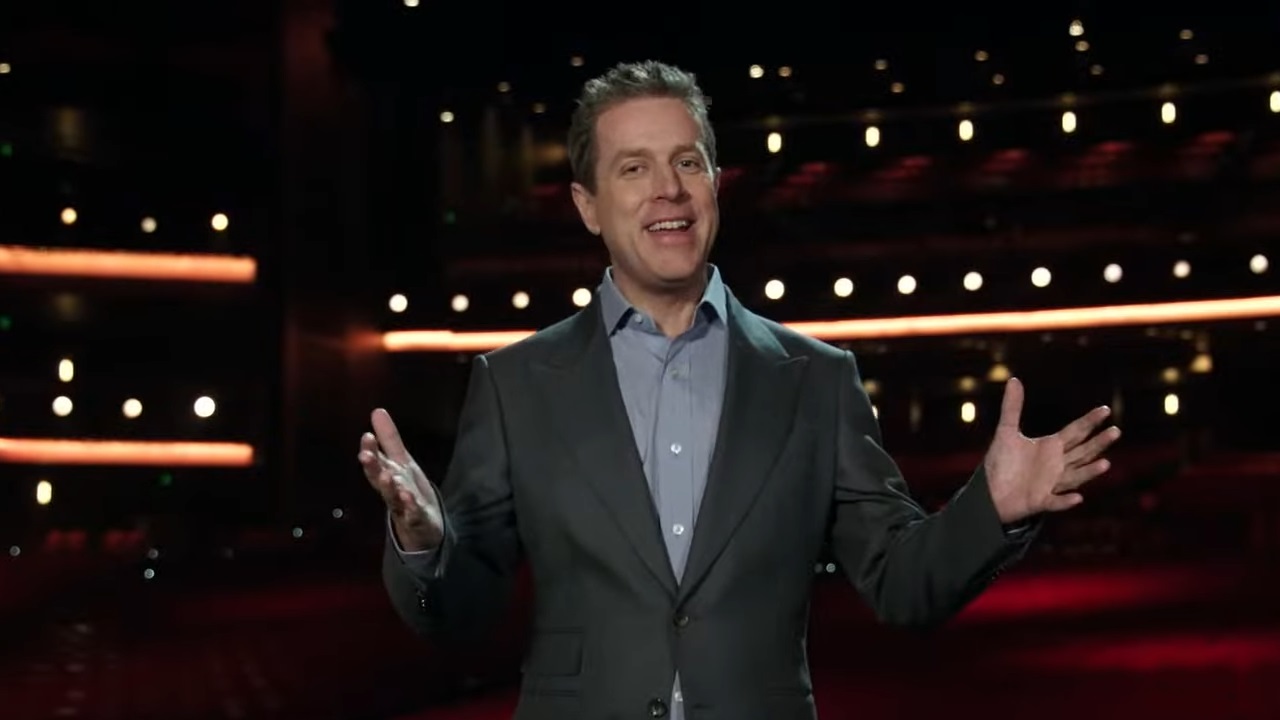
On the 9th of November, the European Parliament convened to host a debate regarding the esports and gaming industries. At the heart of this debate was the topic of supporting the development of an esports strategy in Europe, and it was the culmination of twelve months of work. Following a thirty-minute debate, it was determined by a majority vote that the European Parliament would adopt a resolution to support the ‘innovative future’ of both esports and gaming in general.
It was a relatively long road, studded with amendments, discussions, and compromises, but ultimately, history has been made and a remarkably popular resolution has been decided on. It was subsequently revealed that 560 European Members of Parliament had voted in favour of the resolution, with just 34 voting against the proposition. While this resolution isn’t binding or final, it does represent an intent to form a defined strategy relating to, primarily, the esports industry.
EU Parliament Makes Esports History
The European Esports Federation has worked for two years in the space – and involvement by the EU Parliament could blow the scene wide open. (Image Credit: EEF)
As the esports industry continues to grow, it is becoming increasingly legitimised and regulated. With its expansion comes increasingly valuable partnerships, deeper recognition from government bodies, and now, the support of one of the most powerful parliamentary groups in the world. This resolution marks a clear and important recognition of the potential wrapped up in the esports and gaming industries, and it’s an indicator of immense things to come.
It’s important to stress that this is just the foot in the door for the European esports market. Now, European Parliament legislators must take a step back, examine the resolution, and determine how, when, and where to proceed. At the very least, we expect a strategy will be drawn up, with these legislators working hand-in-hand with the parliamentary proposal. In a statement, Tomasz Frankowski, an EPP Group coordinator in the European Parliament, spoke highly of the gaming industry:
‘Videogames have a huge economic potential in the creative and cultural sectors. The European Union has more than 80 000 people working in the sector and is home to some 5 000 development studios, some of which are world leaders. It is also one of the few cultural and creative industry to have experienced turnover growth during the COVID-19 crisis.’
He then went on to discuss the proposal for a long-term plan that would benefit esports organisations and competitors in the European region:
‘We need an ambitious long term strategy in Europe to support this sector and some challenges occur like short of talents. We call on Member States and the Commission to give the sector the means of its ambitions. We need to invest in training facilities and to facilitate access for visas, by considering the creation of a visa for professional esports players similar to the Schengen sports visa.’
What Happens Next in Europe?
ESL Pro League 16 was held in Malta this year following the extension of a partnership between ESL and Gaming Malta. (Image Credit: ESL)
There were so many highlights to take away from what is essentially the most fundamental step on an otherwise lengthy journey. At the core of this resolution was the call to develop a long-term strategy which would benefit ‘all actors involved fairly and adequately’. There were suggestions that technological developments in the space should be nurtured, financial support should be provided, and safeguards and regulatory steps should be taken to protect both competitors and consumers.
From an esports betting perspective, the European Parliament acknowledged that match-fixing is an issue, and it called for the creation of more robust measures to detect and prevent these practices from taking place.
The EP identified that certain cities and regions should have a responsibility to facilitate esports events and ‘access to video games’. By way of an environmental perspective, the EP determined that both video games and esports operators had a duty to become more environmentally friendly. Finally, in the closing notes, it was suggested that a charter should be developed to promote ‘European values’ in esports tournaments and events.
There is a lot of work to do, but in the very near future, the European region could become the leader working at the forefront of the esports industry. As the value of the industry is expected to skyrocket in the coming years, there’s no knowledge of what potential might unfold as a literal global power enters the space.





